The motorsport products market in China is characterized by a dynamic competitive landscape, driven by innovation, technological advancements, and strategic partnerships. Key players such as Ferrari (IT), Mercedes-Benz (DE), and Red Bull Racing (GB) are actively shaping the market through their distinct operational focuses. Ferrari (IT) emphasizes high-performance engineering and luxury branding, while Mercedes-Benz (DE) leverages its extensive automotive expertise to enhance product offerings. Red Bull Racing (GB) is known for its aggressive marketing strategies and collaborations with technology firms, which bolster its competitive edge. Collectively, these strategies foster a competitive environment that prioritizes cutting-edge technology and brand prestige, thereby attracting a diverse consumer base.
In terms of business tactics, companies are increasingly localizing manufacturing to reduce costs and enhance supply chain efficiency. This approach is particularly relevant in a moderately fragmented market where several players vie for market share. The collective influence of these key players is significant, as they not only set industry standards but also drive innovation through competitive pressures. The market structure allows for both established brands and emerging players to coexist, fostering a vibrant ecosystem of competition.
In October 2025, Ferrari (IT) announced a strategic partnership with a leading Chinese technology firm to develop advanced telemetry systems for its racing vehicles. This collaboration is poised to enhance data analytics capabilities, allowing for real-time performance monitoring and optimization. Such a move underscores Ferrari's commitment to integrating cutting-edge technology into its product offerings, thereby reinforcing its position as a leader in the high-performance segment of the market.
In September 2025, Mercedes-Benz (DE) unveiled a new line of eco-friendly racing tires, developed in collaboration with Pirelli (IT). This initiative reflects a growing trend towards sustainability within the motorsport products market, as consumers increasingly demand environmentally responsible options. By aligning its product development with sustainability goals, Mercedes-Benz (DE) not only meets market expectations but also differentiates itself from competitors, potentially capturing a larger share of the eco-conscious consumer segment.
In August 2025, Red Bull Racing (GB) expanded its digital marketing efforts by launching an interactive online platform aimed at engaging younger audiences. This platform features virtual racing experiences and gamified content, which are designed to enhance brand loyalty and attract a new generation of motorsport enthusiasts. The strategic importance of this initiative lies in its potential to create a deeper emotional connection with consumers, thereby fostering long-term brand allegiance in a competitive market.
As of November 2025, current trends in the motorsport products market are increasingly defined by digitalization, sustainability, and the integration of artificial intelligence. Strategic alliances among key players are shaping the landscape, as companies collaborate to enhance product offerings and operational efficiencies. Looking ahead, competitive differentiation is likely to evolve from traditional price-based competition to a focus on innovation, technology, and supply chain reliability. This shift suggests that companies that prioritize these elements will be better positioned to thrive in an increasingly competitive environment.


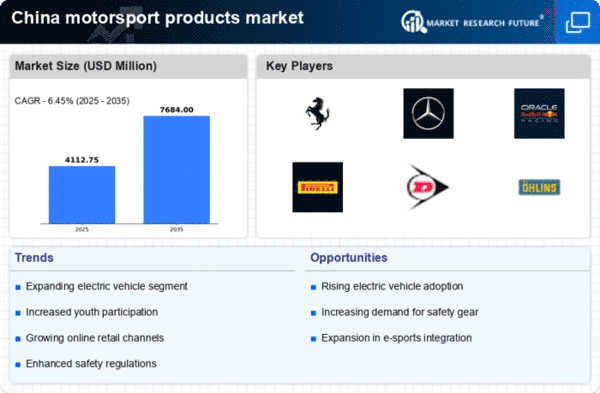

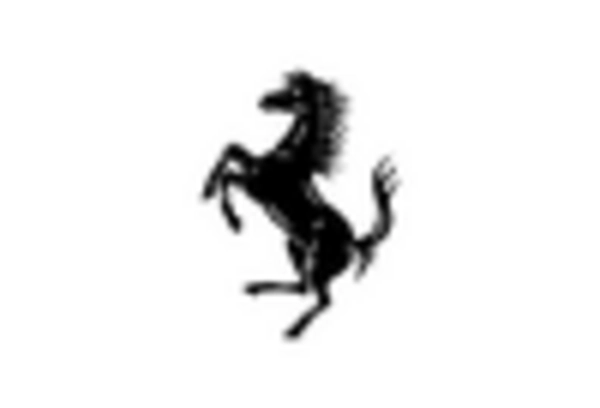
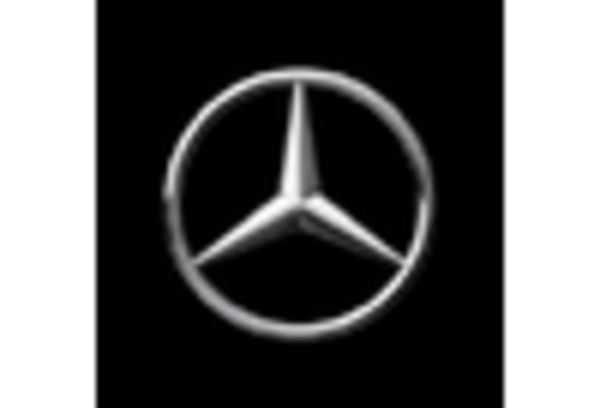
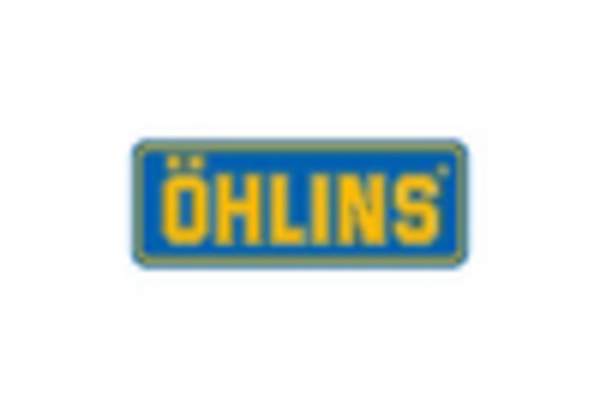

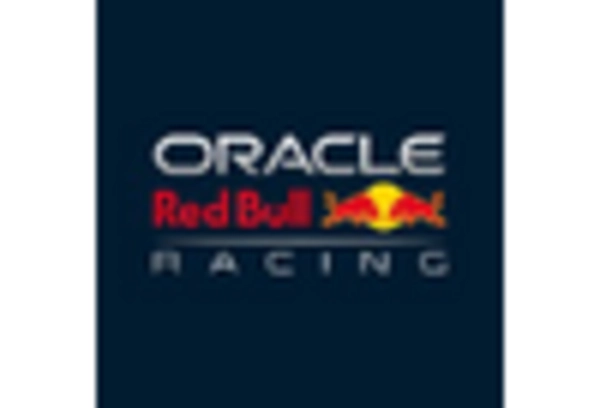








Leave a Comment